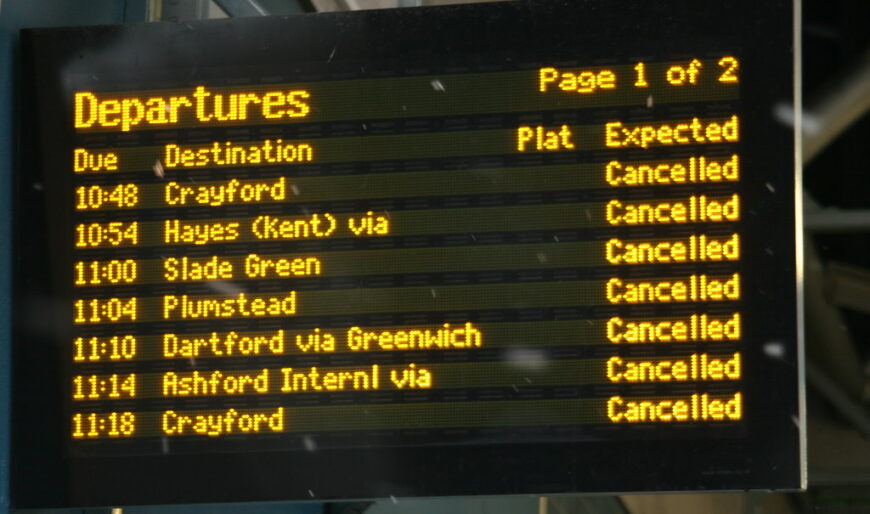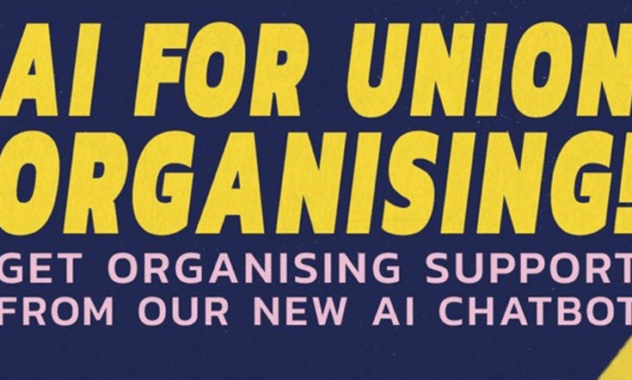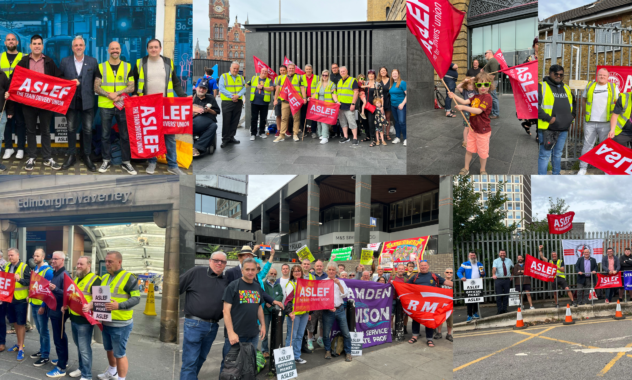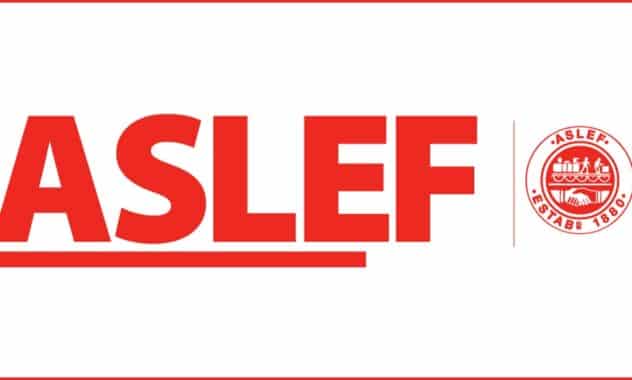ASLEF call more strikes as Minimum Service Levels threat looms
Train services set to be disrupted for a week from 30th January, as dispute over pay rumbles on

A series of strikes by train drivers in late January and early February have prompted speculation that train companies may use the Government’s Minimum Service Levels legislation for the first time.
Train drivers in ASLEF union will strike at Southeastern, Govia Thameslink Railway and South Western Railway (including Island Line) on 30 January, at Northern and TransPennine Express on 31 January, at Greater Anglia, c2c and LNER on 2 February, at West Midlands Trains, Avanti West Coast and East Midlands Railway on 3 February and at Great Western, CrossCountry and Chiltern on 5 February. There will also be a continuous ban on working non-contractual overtime at all these operators from 29 January until 5 February.
In addition, ASLEF has called another five days of 24-hour strikes on LNER from 5 to 9 February, in what could be the first direct challenge to the new minimum service levels law, which requires a set percentage of staff to continue working during strikes.
ASLEF drivers will also refuse to work any non-contractual overtime from 7 to 10 February.
There are reports that LNER would impose minimum service levels for the first time, although not confirmed.
General secretary Mick Whelan said:
“We have given the government every opportunity to come to the table but it has now been a year since we had any contact from the Department for Transport. It’s clear they do not want to resolve this dispute.
Many of our members have now not had a single penny increase to their pay in half a decade, during which inflation soared and with it the cost of living. Train drivers didn’t even ask for an increase during the Covid-19 pandemic when they worked throughout as keyworkers, risking their lives to allow NHS and other workers to travel.”
The Department for Transport accused ASLEF of refusing to put ‘a fair and reasonable offer’ to its members, adding: “The ASLEF leadership should do the right thing and let their members decide their own future, instead of deciding it for them.”
The announcement of further strike dates has lead to speculation that the Minimum Service Levels legislation could be used against the union. Whelan responded:
“The government has now tried their old trick of changing the rules when they can’t win and brought in Minimum Service Levels legislation. But this new law, as we told officials during the consultation period, won’t ease industrial strife. It will likely just make it worse.”
The Guardian has quoted a ‘government source’ as saying: “The train companies lobbied us for this ahead of the 2019 manifesto and they’ve got what they wanted so we would very much hope that they would use those powers. We aren’t going to grandstand and publicly urge them to do it but we quietly expect them to do so.”
Reporting from Railnews.







